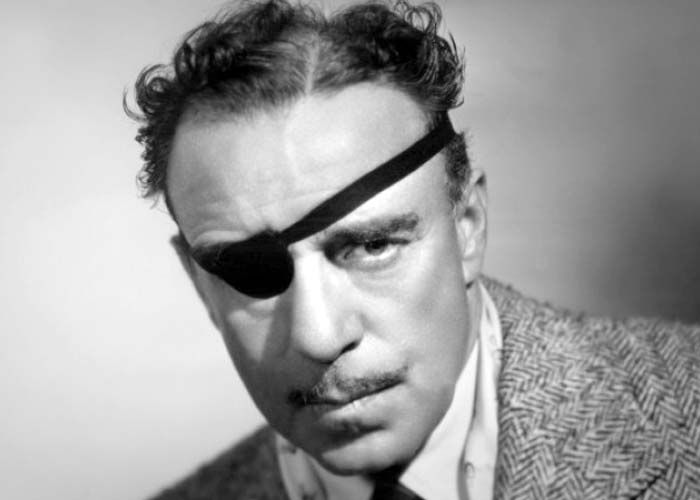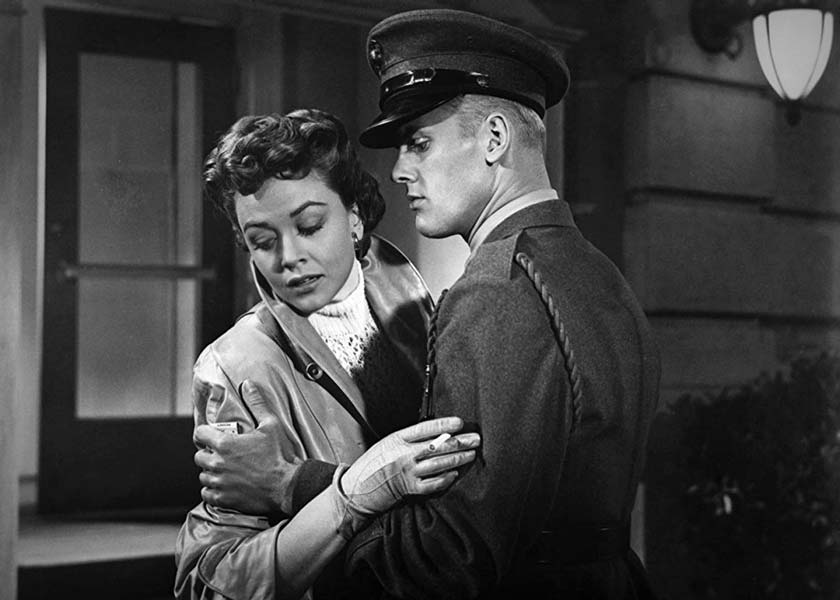Synopsis
During World War II, marine recruits from all over the country travel by train to training camp. The young men have varied backgrounds and life stories. A group of recruits unites as a battalion under the command of Maj. Sam Huxley (Heflin). The film follows the battalion from training through deployment in New Zealand and into combat on Japanese-occupied Pacific islands.
The individual stories of several marines, including Pvt. Danny Forrester (Hunter) and Pvt. Andy Hookens (Ray), are featured. Huxley is dedicated to training a first-rate group of fighting marines, but he is concerned also about the personal happiness of his men. Off the base, the men struggle with love, desire, and insecurity. Some marines, including Huxley, die in combat. Forrester and Hookens, although wounded, ultimately return to their sweethearts and attain happiness. Mac (Whitmore), a sergeant in the company, narrates the story.
Discussion
Raoul Walsh’s experience as a director shows in his professional job with this film. All the separate story elements are united smoothly, and audience interest and involvement are maintained throughout. The acting, particularly of Van Heflin and Aldo Ray, is strong. Tab Hunter, frequently a wooden performer, here shows liveliness and sensitivity. The combat scenes are well presented. Although the narrative builds from training and deployment through the final lethal combat, the history of the company is secondary to the dramatic and emotional stories of individual marines.

Raoul Walsh directed more than one hundred feature films from 1915 until his retirement in 1964. Walsh entered the movie business through his interest in cattle work, including riding and roping. As a young man he had been on a trail drive from Mexico to Texas, and later trained horses for the US Cavalry. In San Antonio, Texas, he handled a horse during a stage performance of The Clansman (1905). He pointed to this experience as a determining factor in his career choice. By 1912, he was portraying cowboys in one-reel films and was hired by director D.W. Griffith as an actor and horse wrangler. During the filming of The Birth of a Nation (1915), based on The Clansman, Griffith promoted Walsh to assistant director. After directing several short films, Walsh made his first feature, The Regeneration, in 1915. Throughout his career, Walsh concentrated on action and adventure films featuring lusty fighting men. Not a stylist, his interest was in strong stories, virile actors, and faced-paced action. The most notable films of his long career include The Regeneration (1915), The Thief of Bagdad (1924), The Big Trail (1930), The Roaring Twenties (1939), High Sierra (1941), The Horn Blows at Midnight (1945) and White Heat (1949).

